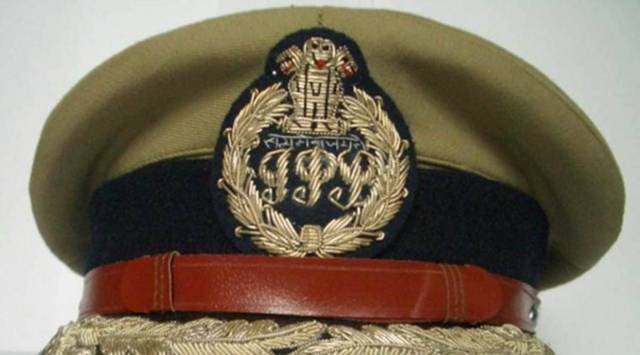According to the Indian Police Service (Cadre) Rules, the central government has the final word in a dispute with a state over the deputation of a police officer to the Centre.
However, the nature of India’s federal system, and the way the All-India Services work, makes it difficult for the Centre to force its will on a state that refuses to back down.

The Centre has asked that three senior IPS officers who were in charge of security when BJP national president J P Nadda’s motorcade came under attack allegedly by supporters of the Trinamool Congress outside Kolkata on Thursday, be sent on deputation with the Government of India.
The West Bengal government has refused, citing a shortage of IPS officers in the state.
Rule 6 (1) of the Indian Police Service (Cadre) Rules, 1954, as amended in May 1969, states that “A cadre officer may, with the concurrence of the State Government or the State Governments concerned and the Central Government, be deputed for service under the Central Government or another State Government…”
In July 1985, a line was added to this Rule, saying, “that in case of any disagreement, the matter shall be decided by the Central Government and the State Government or State Governments concerned shall give effect to the decision of the Central Government.”
Sources in the government told The Indian Express that the Home Ministry’s letter to the state government saying that the Centre requires the services of the three IPS officers, has sought the state’s concurrence by December 15. It has said that if the state does not respond by that date, the Centre would consider concurrence as granted.
Story continues below this ad
The normal practice is that the central government asks every year for an “offer list” of officers willing to come on central deputation, after which the Centre picks the officers from that list, considering several other conditions.
The IPS deputation policy states: “The two-way movement of officers from State to Centre and back is of mutual benefit to the states and the Government of India on the one hand and to the officers concerned on the other.”
Every state cadre provides for a central deputation quota and utilisation of that quota is an “important factor governing the scale at which officers are borrowed from the various State cadres of the service,” the policy says.
But for central deputation, the concurrence of the state is a very important factor. Under normal circumstances, it is also understood that the officer concerned should be willing.
Story continues below this ad
In the case of Archana Ramasundaram, a Tamil Nadu officer who was deputed to the CBI in 2014, the state government had refused to release her, and had suspended her after she defied the state’s order. However, the suspension did not apply because she had by the time already joined CBI.
Earlier in July 2001, the central government headed by Atal Bihari Vajpayee had asked the Tamil Nadu government then headed by J Jayalalithaa to send three IPS officers on central deputation, but she had refused.
The officers, then Chennai Police Commissioner K Muthukaruppan, Joint Commissioner S George, and Deputy Commissioner Christopher Nelson, were involved in the June 30, 2001 late-night raid on then DMK chief M Karunanidhi. Jayalalithaa had refused to spare the officers, and written to other chief ministers about the “disturbing trend” in the management of state cadres of the All India Services, and asked them to write to the Centre on the threat to federalism.
Prakash Singh, a former DGP of Uttar Pradesh who has been fighting a battle for reforms in the police, told The Indian Express on Saturday: “The Centre has the right to call for the services of any IPS officer to central deputation, but the state cannot be compelled to send any officer.”









